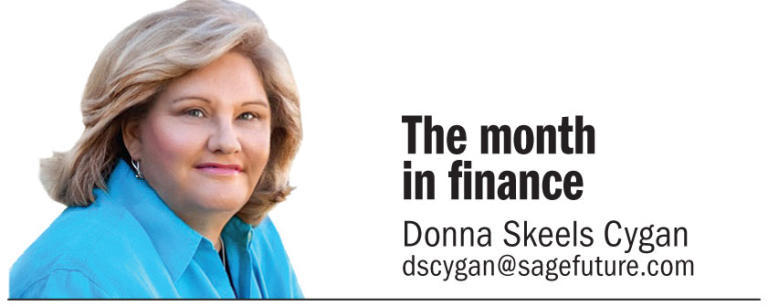We feel pressure to keep up with the status quo (the proverbial Joneses). If our neighbor buys a new car, our six-year-old car may start to look pretty shabby. We see ads on TV for new cars, we start paying more attention to other cars as we drive around town, and we may start researching the cars we like.
Yet, what would happen if we deliberately avoided this pressure and told ourselves that a car should last at least 12 years? At 12 years, you may decide to aim for 15 years, because a car is only a tool to get you safely from point A to point B. It should not be a status symbol.
Instead of caving into “keeping up with the Joneses” you could celebrate that you own the oldest car in the neighborhood, that you do not have a car payment, and that you are saving for retirement or for your children’s college expenses. Instead of buying a new car, you choose to be on the path to financial security.
We do not need to cave in to creeping consumerism or peer pressure. Our kids also experience this pressure in school. Some of their friends wear designer clothing, live in enormous houses, and get the latest smartphone as soon as it is released, even if the family cannot afford these items. How do we shelter them from this pressure and help them become financially responsible adults?
Money is often not discussed, and it is considered a “hush-hush” subject. I encourage you to change this in your home. It should be openly discussed.
Hearing “money doesn’t grow on trees” repeatedly from my father left a lasting impression on me. Telling your kids that you cannot afford designer clothing or a new smartphone is perfectly fine. Telling them that you value saving for their college education (and for your retirement) more than expensive clothing or a smartphone is even better.
Talk about your own history with money. Tell your kids and grandkids about your mistakes over the years. Tell them your stories from when money was scarce. Tell them how you saved for the future.
Show them the cable TV, internet, and cellphone bills for the last month. They need to realize these are expenses we didn’t have 20 years ago. Tell them that when you were young most people did not use credit cards!
Clearly, credit cards and the media are making it more difficult for us to avoid overspending.
Keeping up with the Joneses is pressure placed upon us by our society. It is not human nature, because it is very different in Denmark.
Denmark is often considered the happiest country in the world – it ranks much higher in happiness than the United States – and they have different values than we have in the U.S. In Denmark, standing out (with a bigger house, newer car, or fancier clothes) is not valued by society.
In fact, the Danes look down on what they consider extravagant spending. Instead, they value people blending in. They work hard, and they value time with family and friends when they are not at work.
As a result, they do not have credit card debt like many people in the U.S. The average credit card debt is now $15,000 in the U.S. (Credit cards are a handy tool, but only if you pay off the full balance each month.)
If you make a deliberate choice to stop keeping up with the Joneses, you may find that you become happier. You may start to realize that living with less (fewer material possessions, less house maintenance, fewer bills, less clutter) feels great.
You can focus on your core values, and spend more time with friends and family, more time on leading a healthy lifestyle, more time nurturing creativity, and more time doing what you love.
Donna Skeels Cygan, CFP, MBA is the author of “The Joy of Financial Security.” She has been the owner and financial planner for her own firm in Albuquerque for 18 years. This article was published in the Albuquerque Journal.
